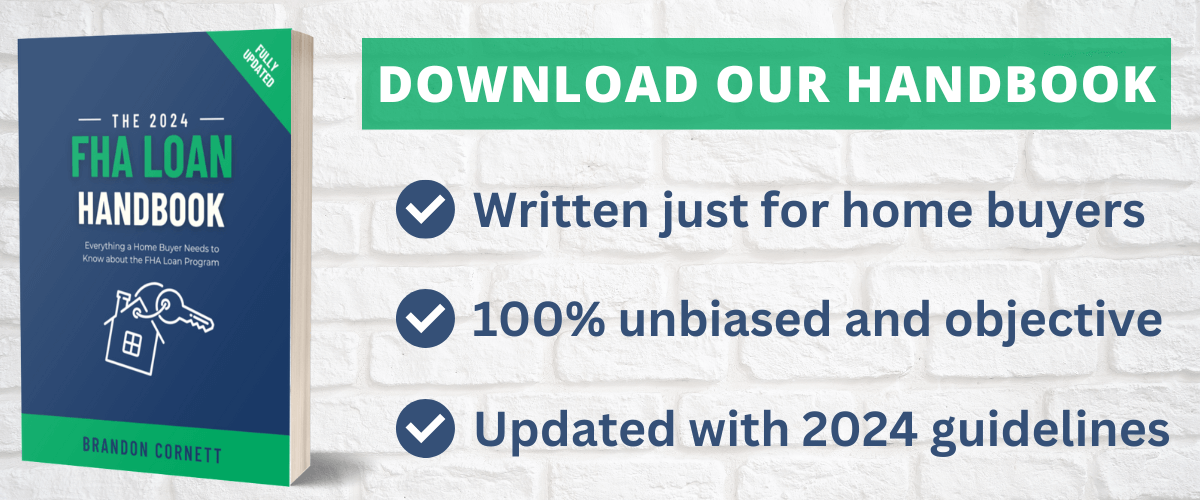Reader question: “My husband and I are thinking about using an FHA loan to buy a home in our area. But a lot of the homes around here are fixer-uppers, older properties, etc. I’ve been told we might have trouble getting a HUD loan for this reason. Why would FHA not approve a home? Are there specific requirements the house needs to have, in order to be approved?”
Why FHA Would Not Approve a Home
There are many reasons why FHA would not approve of a particular home. Most of these reasons can be summed up in a single phrase — health and safety. If the appraiser feels there are problems with the house that will cause health or safety issues for the buyer (and future homeowner), he will probably flag them for repair or correction. If the discrepancy cannot be repaired or remedied, FHA might not approve of the home.
Some things can be easily corrected, while others cannot. Here’s an example of both types of issues:
- Easy fix: An electrical panel contains fuses or circuit breakers that are rated too high. This might delay the process, but it’s not a deal-breaker. A qualified electrician can correct this kind of problem fairly easily.
- Hard fix: HUD requires all bedrooms to have one additional point of egress (exit), in addition to the main entry point. If a bedroom only has one door and no windows, FHA might not approve of the home. It’s a fire safety issue. This kind of discrepancy is not easily corrected without a serious remodel.
If you haven’t done so already, you might want to read my recent article on FHA property requirements and standards. It’s based on the latest guidelines published in HUD Handbook 4000.1, which took effect in September of last year. It lists some of the common reasons why FHA would not approve a home.
In addition to the issues listed in the article above, here are some other reasons why a house might not qualify for FHA financing:
- Standing water against the foundation and/or excessively damp basements that would require extensive repairs to correct
- Hazardous situations in the home (structural damage, major electrical problems, etc.)
- Defective / faulty mechanical systems, such as plumbing, electrical, heating and cooling
- Signs of possible structural failure (e.g., cracked masonry walls or foundation, unsupported floor joists, bulging foundation wall, etc.)
- Significant roof damage, leaking roof, holes, etc.
- Any other conditions that the appraiser feels will pose a health and safety issue for the home buyer
But again, it depends on whether or not the issue is correctable. When a HUD-approved appraiser inspects a home, he will flag issues that don’t meet FHA standards. The issue might require an additional inspection. It might be a correctable discrepancy, or it might be a deal-breaker. It often depends on the severity of the issue.
Homes that are not “up to code” can also present a problem. Here’s what HUD says on this subject:
“HUD requires that each property insured with an FHA mortgage meet one of the nationally recognized building codes or a State or local building code based on a nationally recognized building code. In areas where such State or local codes are used, HUD determines if the State or local code is comparable to the model building code.”
My advice is to talk to a HUD-approved mortgage lender in your area. They can give you more insight into the types of homes in your area that FHA might not approve.
What to Read Next
Obligatory disclaimer: These are certainly not the only reasons why FHA might not approve of a home. This is just a quick overview.
To learn more about this subject: (A) read the property requirements in the article I’ve linked to above; and (B) read Section II-B of the Single-Family Housing Policy Handbook, which you’ll find on this page of our site.
